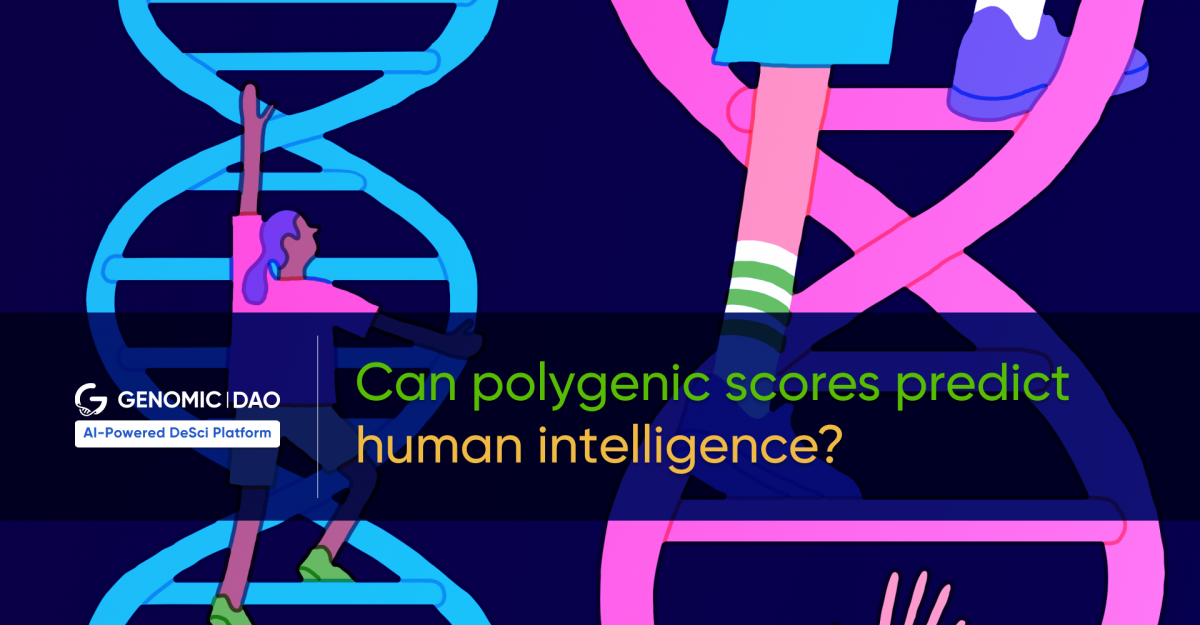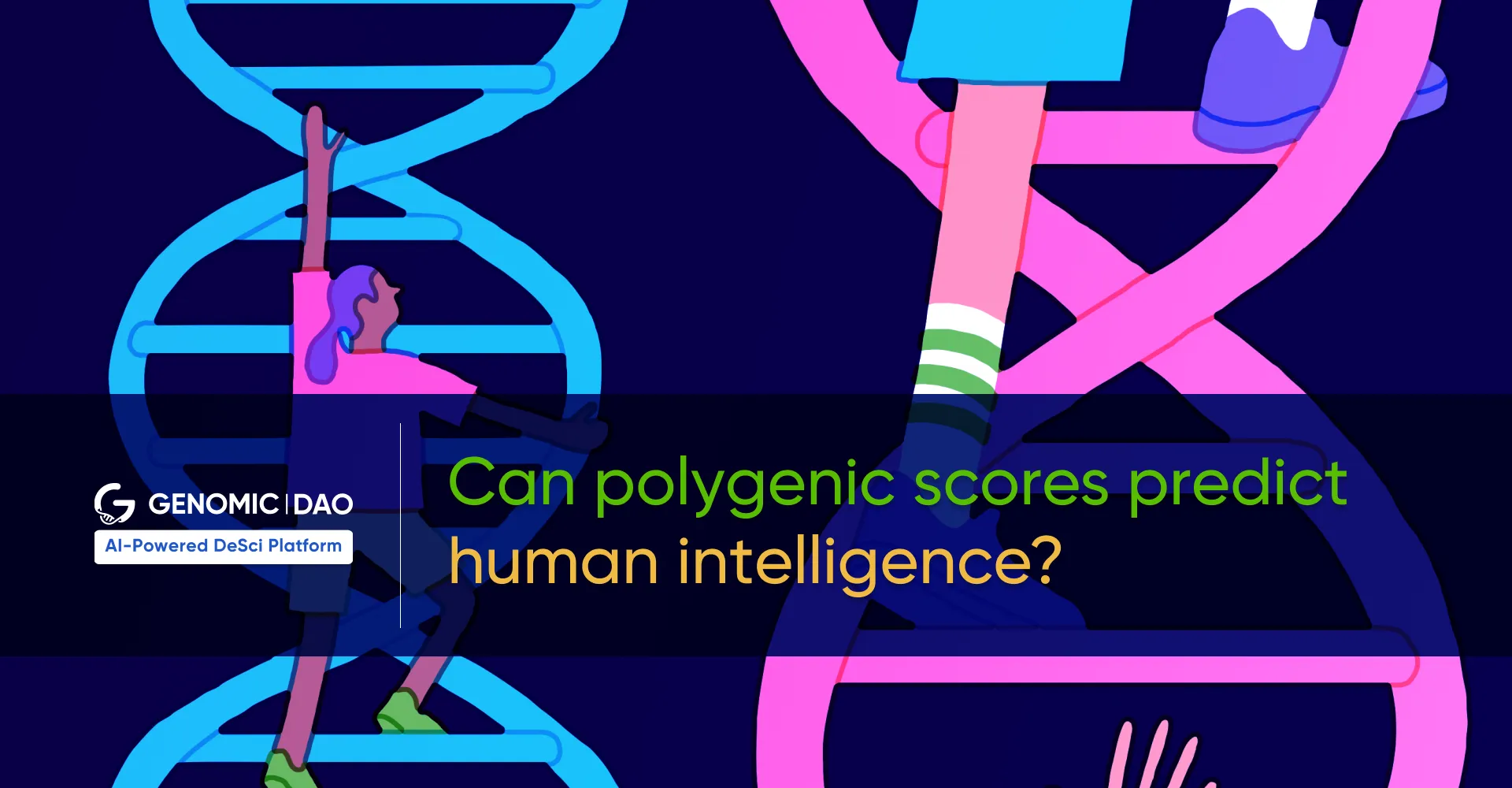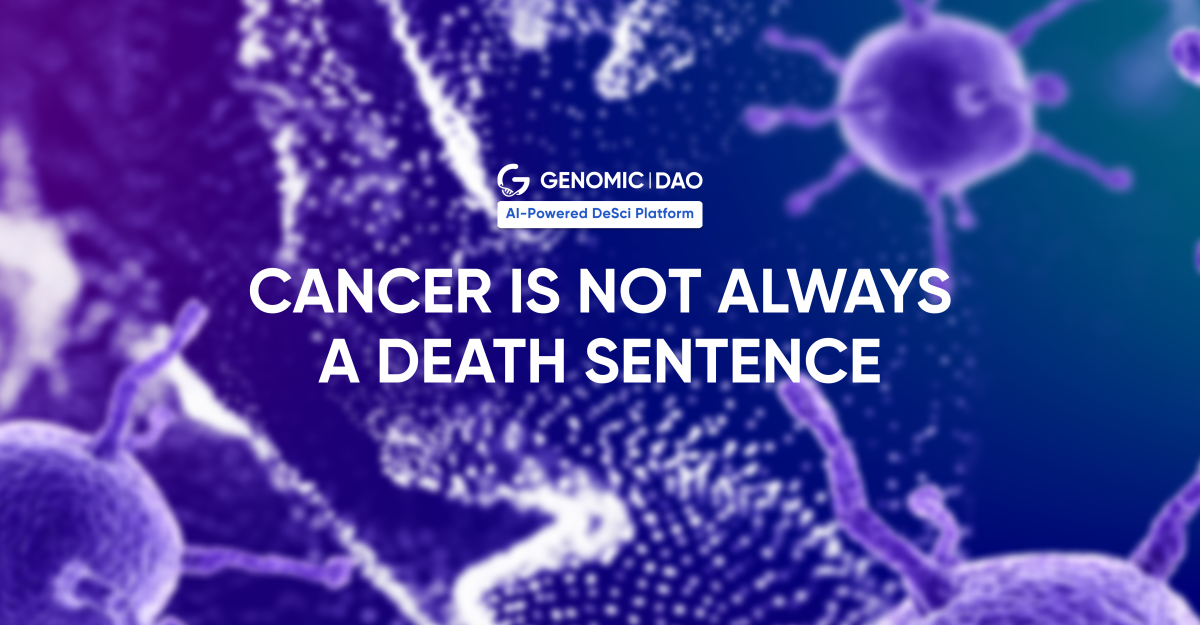
Polygenic scores (PGS) are a tool in human genetics that can predict outcomes such as academic achievement, mental health, and physical traits. They are also being studied for their potential to predict human intelligence, but their use should be approached cautiously and ethically.
The use of polygenic scores in predicting human intelligence has been a topic of much discussion and controversy in recent years. By analyzing an individual’s genetic data, it is possible to calculate a score that reflects their genetic risk for a particular trait or disease. This score is called a polygenic score (PGS) or polygenic risk score (PRS). Polygenic scores are statistical tools that combine information about a person's genome into a single number, which can then be used to predict their intelligence or academic performance. While concerns about genetic discrimination and eugenics have been raised, recent advancements in the technology and methodology of polygenic scores have shown promising results in predicting intelligence.

Background of Polygenic Scores
Polygenic scores are developed through GWAS, which involves conducting millions of statistical tests to identify small differences in people's DNA sequences that are correlated with differences in a target outcome beyond what can be attributed to chance or ancestry differences[2]. In the case of intelligence, GWAS studies have identified thousands of genetic variants associated with cognitive abilities[3].
Advancements in Polygenic Scores
Recent advancements in polygenic scores have shown promising results in predicting intelligence. In a study published in the journal Nature Genetics, researchers used polygenic scores to predict educational attainment, a proxy for intelligence, with high accuracy [4]. They found that individuals in the top 5% of polygenic scores had an average of two more years of education than those in the bottom 5%.
Another study published in the journal Molecular Psychiatry used polygenic scores to predict intelligence in a large sample of individuals from the UK Biobank[5]. The researchers found that their polygenic score predicted up to 5% of the variance in intelligence scores, demonstrating the potential utility of polygenic scores in predicting intelligence.
Limitations and Ethical Considerations
While polygenic scores show promise in predicting human intelligence, their accuracy is limited. One study found that polygenic scores for educational attainment are about as accurate in predicting a person's ultimate educational attainment as knowing their family's income and slightly worse than knowing how far their mother went in school[6]. This level of uncertainty around polygenic predictions must decrease in the future as genetic discovery samples get larger and genetic studies include more of the genome's variation, including rare variants.
Moreover, equating polygenic scores with intelligence is misleading. Intelligence is a complex trait that cannot be solely defined by someone's DNA. Environmental and cultural influences also contribute to intelligence[7]. Furthermore, PGS may not accurately predict someone's behavior, as behavior is shaped by many factors, including personality and life experiences[8].
The implications of using PGS to predict human intelligence and other traits are far-reaching. PGS can be used to assess individuals' potential for certain outcomes, which may lead to discrimination in education, employment, and healthcare.
Therefore, it is essential to approach the topic of PGS with caution and to consider the implications for understanding human traits. Discrimination based on genetics is not justifiable, and individuals should be judged based on their own behavior and not their genetic makeup[8]. Using PGS to predict human intelligence and other traits may oversimplify the complex nature of human behavior and lead to a reductionist view of human nature.
Conclusion
Overall, the advancements in polygenic scores for predicting human intelligence have shown promise in providing a new tool for understanding the genetic basis of cognitive abilities. However, it is important to approach the use of polygenic scores with caution and consider the ethical implications of their use. As the technology and methodology of polygenic scores continue to improve, it is crucial to ensure that their use is guided by ethical principles and a focus on addressing societal inequalities.
References
- Kullo, I.J., Lewis, C.M., Inouye, M. et al. Polygenic scores in biomedical research. Nat Rev Genet 23, 524–532 (2022). https://doi.org/10.1038/s41576-022-00470-z
- Wray, N. R., Goddard, M. E., & Visscher, P. M. (2008). Prediction of individual genetic risk to disease from genome-wide association studies. Genome research, 18(9), 1520-1528.
- Sniekers, S. et al. (2017). Genome-wide association meta-analysis of 78,308 individuals identifies new loci and genes influencing human intelligence. Nature Genetics, 49(7), 1107-1112.
- Rietveld, C. A. et al. (2013). GWAS of 126,559 individuals identifies genetic variants associated with educational attainment. Nature Genetics, 44(6), 661-668.
- Davies, G. et al. (2018). Study of 300,486 individuals identifies 148 independent genetic loci influencing general cognitive function. Molecular Psychiatry, 24(2), 183-192.
- Domingue, B. W., Belsky, D. W., Conley, D. C., Harris, K. M., & Boardman, J. D. (2018). Polygenic Influence on Educational Attainment: New evidence from The National Longitudinal Study of Adolescent to Adult Health. AERA Open, 4(3), 233285841878057. https://doi.org/10.1177/2332858418780574
- Plomin, R., & von Stumm, S. (2018). The new genetics of intelligence. Nature Reviews Genetics, 19(3), 148–159. https://doi.org/10.1038/nrg.2017.104
- Harden, K. P. (2018). Genetic Influences on Child and Adolescent Psychopathology: A Research Review. Journal of Abnormal Psychology, 127(8), 803–816. https://doi.org/10.1037/abn0000387






